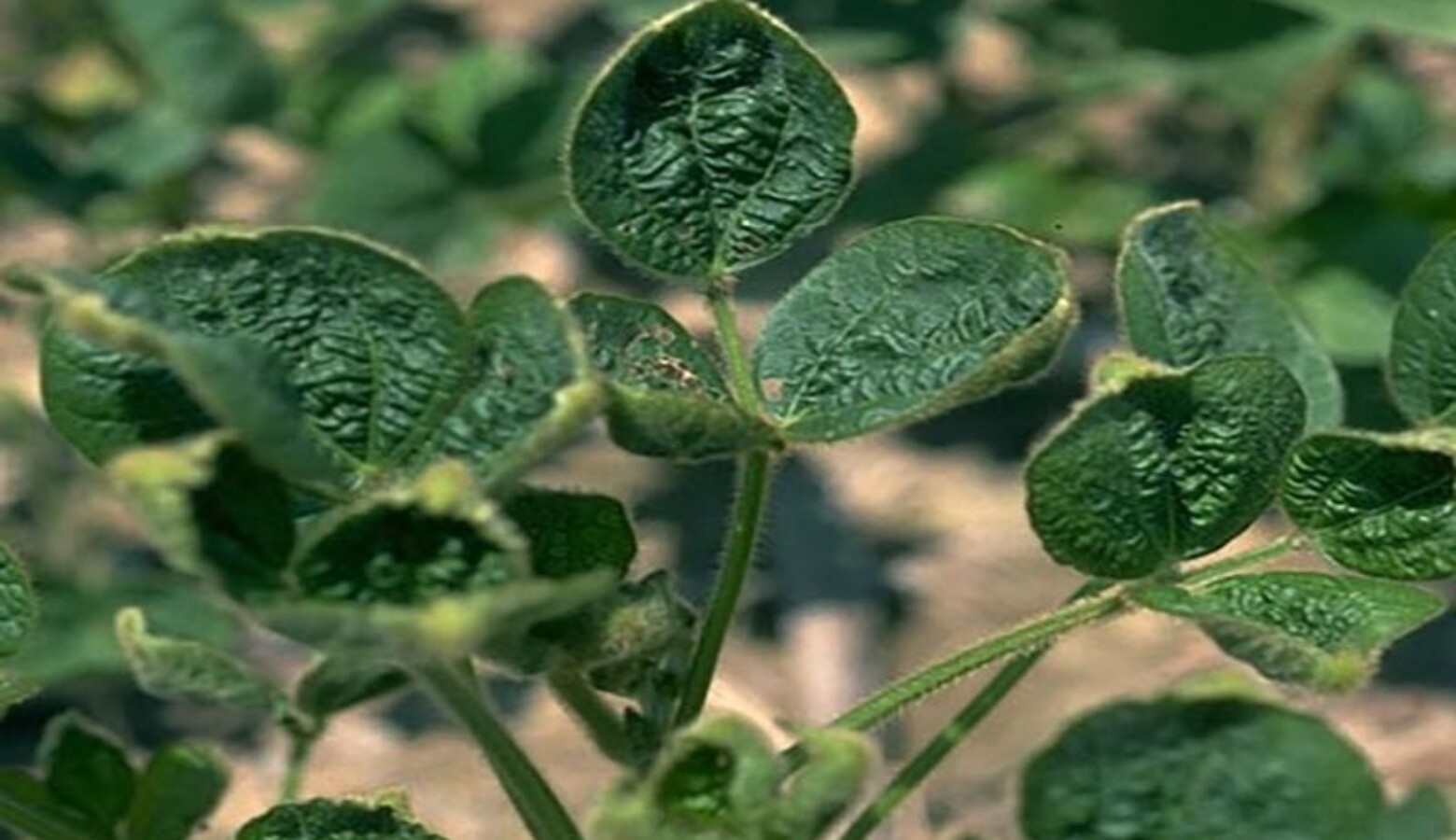Two Bills Aim To Stop Dicamba, Pesticide Misuse

Two bills working their way through the Indiana legislature would increase penalties for farmers and others who misuse pesticides. One aim of the legislation is to stop a controversial weed killer from drifting off of fields and killing neighboring crops.
The state has gotten so many complaints about dicamba drift that farmers must stop applying certain dicamba products on soybeans starting June 20.
Jeff Cummins is the associate director for policy engagement with Indiana Farm Bureau. He says the proposed bills would increase the maximum penalties for misusing all kinds of pesticides — something that hasn’t been done in decades.
“Making sure that we don’t lose access to those products. Because there are too many bad actors that are operating and paying the current level of civil penalties just as a cost of doing business,” Cummins says.
A bill in the House would also set up a point system that would increase fines for repeat offenders. The companion bill in the Senate doesn’t have this provision.
READ MORE: Despite Efforts To Stop Drift, Dicamba Complaints Up
But some worry the bills could have unintended consequences for those who use pesticides in the lawn care industry.
Former Indiana state Sen. Carlin Yoder represents those workers with the Green Industry Alliance through The Corydon Group. He says where farmers might spray a few times a year on large fields, lawn care professionals spray pesticide much more often on smaller, more targeted areas.
“The odds of us getting fined grows exponentially in comparison because of the amount of times that we’re out using products,” Yoder says.
The Office of the State Chemist says it will reassess the use of dicamba after the Environmental Protection Agency decides whether to allow the use of the pesticide next growing season.
Contact Rebecca at rthiele@iu.edu or follow her on Twitter at @beckythiele.
Indiana Environmental reporting is supported by the Environmental Resilience Institute, an Indiana University Grand Challenge project developing Indiana-specific projections and informed responses to problems of environmental change.

